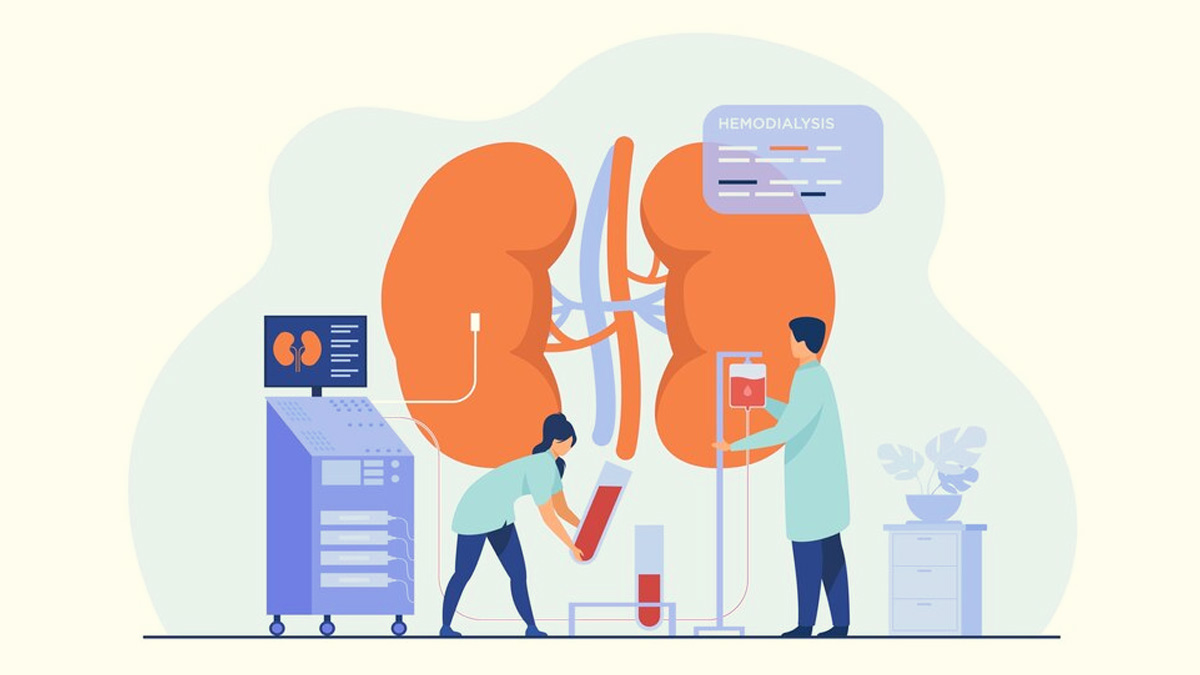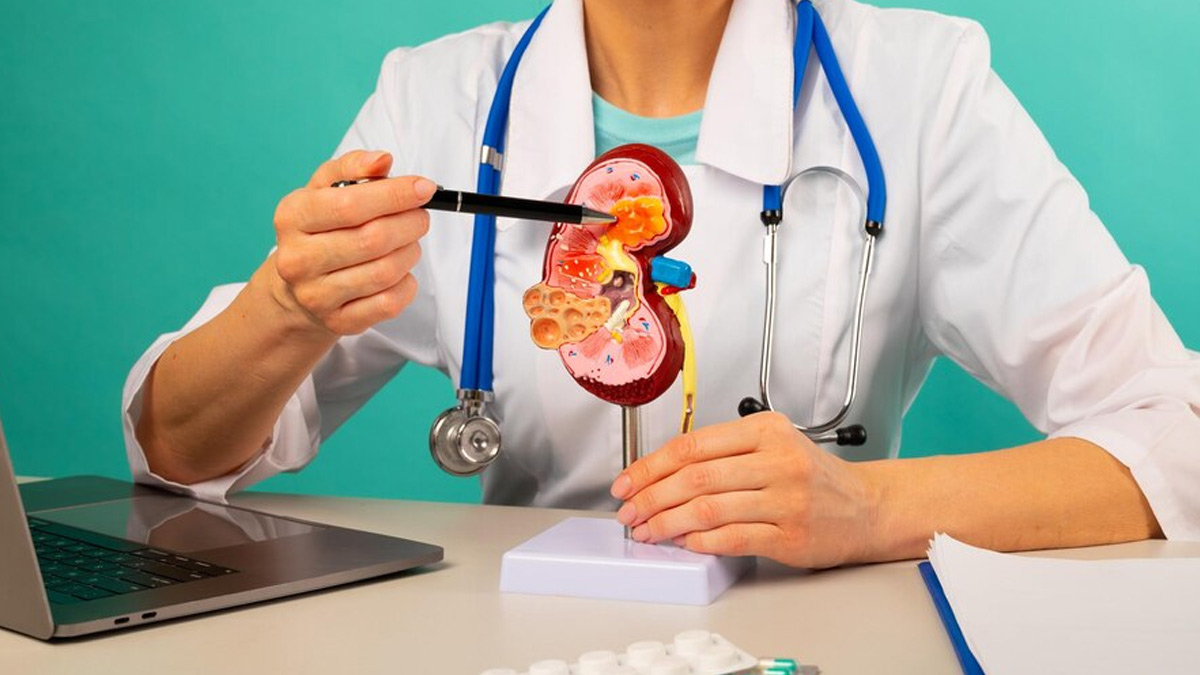
Did you know kidney ailments can affect anyone irrespective of their age? People dealing with chronic kidney failure require dialysis, which is a life-saving treatment for individuals with kidney failure. It is a critical aspect of managing the health of both younger and older patients. However, the process of dialysis can differ significantly depending on the age of the patient. We spoke to our expert Dr Amol Mahaldar, Consultant - Nephrology And Transplant Physician, Manipal Hospital, Goa, who explained the process of dialysis in younger and older people.
Table of Content:-
Kidney Transplant as Optimal Treatment

“Kidney transplantation stands out as the optimal treatment for patients in need of dialysis across most age groups. However, this excludes very young individuals weighing below 10kg and the elderly with a life expectancy below five years”, said Dr Mahaldar.
According to a 2013 study, younger and older patients undergoing renal replacement therapy have distinct needs and challenges. Younger individuals often require more comprehensive support tailored to End-Stage Renal Disease (ESRD) to alleviate health-related issues, allowing them to function at a level similar to their peers. Also, they may benefit from substantial psychological support to navigate and cope with the negative emotions associated with their condition.
Importance of Dialysis

Dr Mahaldar added, “Dialysis becomes an important treatment option for those patients awaiting transplantation as well as those who don’t have this luxury. The choice of dialysis modality varies based on the patient's age.”
According to a 2024 study, the dialysis dosage needed for each patient should be customised to their specific requirements, especially when addressing the needs of older adults. The dialysis prescription involves two primary components: firstly, the clearance of metabolic waste products, and secondly, the prevention of excessive hypervolemia.
Dialysis Modalities
Dr Mahaldar listed the dialysis modalities as follows:
Peritoneal Dialysis for Younger Patients and Self-Caring Adults
- Very young patients and children with parents as caregivers who would prefer fewer visits to the hospital are better suited for peritoneal dialysis.
- Peritoneal dialysis is also suited for self-caring adults who wish to continue to work.
- Elderly patients who are confident of self-care or have a reliable caregiver and no contraindications like past abdominal surgeries and severe asthma can also opt for this dialysis.
- A surgical procedure is necessary to implant a catheter in the abdomen for peritoneal dialysis.
- Patients and caregivers are taught how to do self-exchanges in a clean, sterile manner at home and keep records of peritoneal dialysis. The patient needs to visit the doctor only once a month.
Also Read: Kidney Stones: Expert Debunks Myths And States Facts About This Condition
Haemodialysis For All Ages
.jpg)
Here's what Dr Mahaldar has to say about haemodialysis:
- Haemodialysis is the most common form of dialysis and is suited for all ages.
- For haemodialysis, the patient has to undergo a surgery called an AV fistula or a tunnel catheter to access the blood for dialysis.
- The patient needs to visit the hospital 2-3 times a week for four hours each time, and technical staff will perform the dialysis.
- Patients will need to do blood reports and get the prescription revised by their doctor every month.
Special Considerations
Nutritional Requirements For Younger Patients
- Younger patients, especially children, will have additional nutritional requirements in the form of protein of 1.4-1.8 gm/kg body weight for their growth demand.
- Close attention to their bone health and calcium metabolism is necessary.
Dietary Management for Older Patients
- In older patients, diabetes and blood pressure are common and require dietary management like reducing salt intake and sugar control.
- A moderate protein requirement of 1.2 g/ KG body weight is advised in these patients.
[Disclaimer: This article contains information provided by an expert and is for informational purposes only. Hence, we advise you to consult your expert if you face any health issues for necessary diagnosis and treatment.]
Also watch this video
How we keep this article up to date:
We work with experts and keep a close eye on the latest in health and wellness. Whenever there is a new research or helpful information, we update our articles with accurate and useful advice.
Current Version